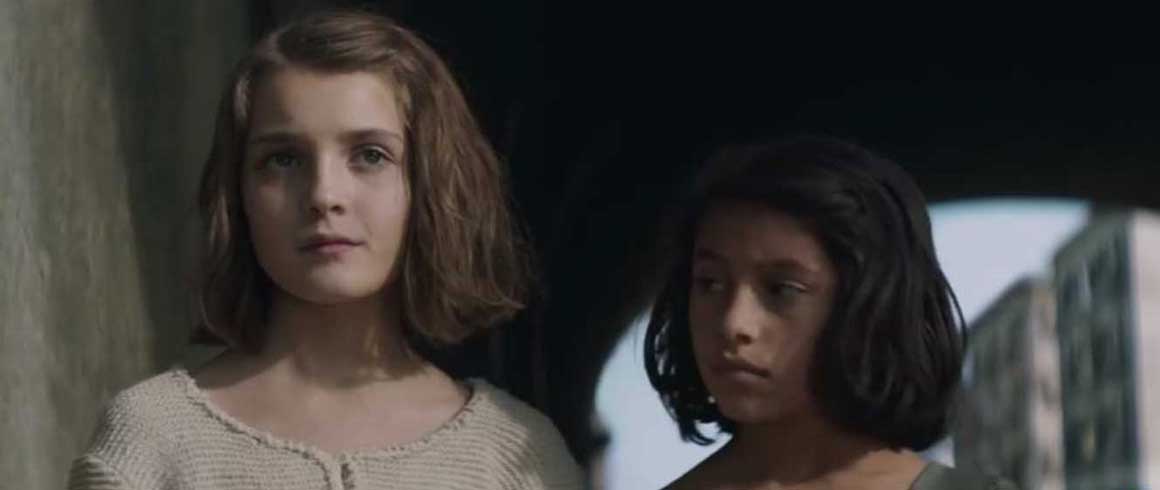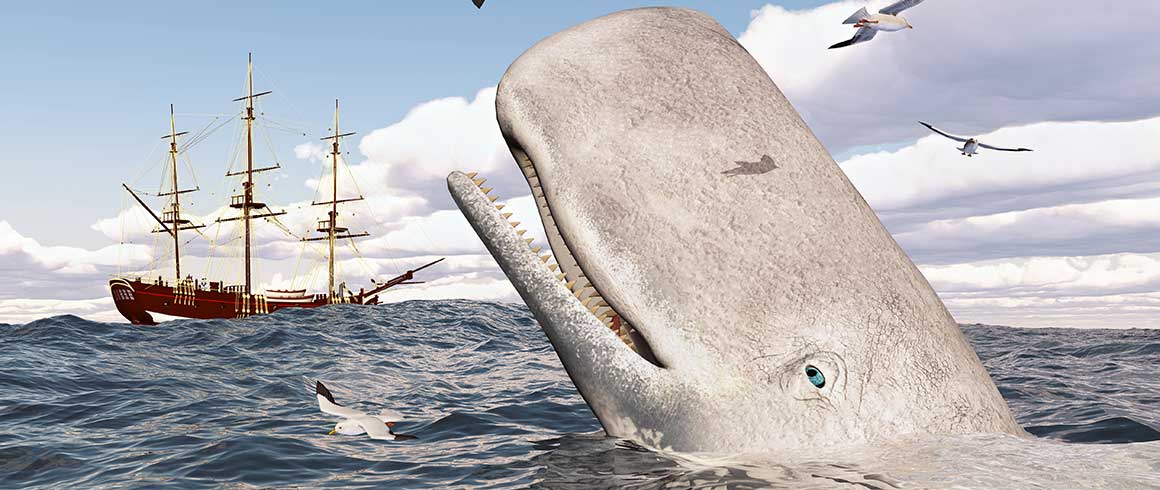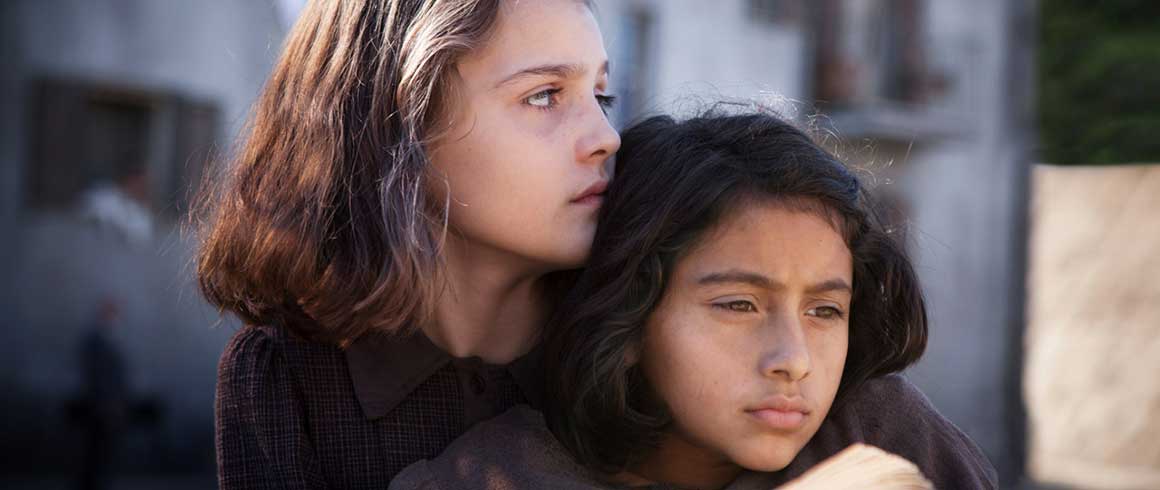by Giuseppe Lupo *
The recent TV adaptation of Elena Ferrante's novel, currently airing on RAI 1 with very high audience ratings, refocuses attention on what the reception theorists would call the “horizon of expectations”, especially because this happens to be shaped within a very different context, that of the screen. Here, moving from one semiotic system to another, is the ‘language issue’, most of all, to be critical. My Brilliant Friend’s Neapolitan saga has not become a publishing phenomenon thanks the multiplier effect of television, on the contrary, the widespread popularity of these books amongst their - not only Italian - readers was the most likely driver that has modified their “literary nature”, by redirecting it towards a narrative form where images are used to tell a story.
It is hard to say, for instance, whether one day we will be able to recall the novel’s features as they had been conceived by the author. For sure, in our imagination, having to put faces to the names of the main characters of the first three episodes (kids and then teenage girls), we could not help thinking of Elisa Del Genio e Ludovica Nasti in the first place, and of Margherita Mazzucco and Gaia Girace in the second. This confirms a typical trend of a certain tradition that has nourished itself with literature, shallowing up titles and subjects to be adapted into films and giving in return the faces to be printed on the covers of those books, once these have been transposed onto the screen.
Multiple could be the occurences - we have had some examples during the exhibition held in Milan, at the Kasa dei Libri, on the connections between Claudia Cardinale and the narrative fiction that had flourished during the economic boom. Indeed, these instances would emphasise what seems to be now a well-established paradigm: literature has provided cinema with plenty of source material, but then the film-makers were able to rework this material giving back a more insightful storytelling of a nation.
This doesn’t mean, of course, that a film adaptation delivers better than the original literary work: in some cases it does, in other it does not. But certainly we can’t ignore the value that TV or cinema has brought to certain pieces of literature so powerful, so rich in meaning that they seem to be moving naturally towards the language of images. And soon it comes to our mind the black-and-white television programs who fed the Italians in the Sixties. What the purposes of certain TV dramas directed by Sandro Bolchi or Anton Giulio Maiano? Were they different from those of the several screen adaptations of novels that we are watching today?
In the Sixties, when the Italian society was becoming passionate about the dream of economic growth, using images to tell the story of Renzo e Lucia or of the Lazzaro Scacerni’s family (I’m referring here to Riccardo Bacchelli and his novel Il mulino del Po) had an educational purpose. That is, contribute to laying the moral foundations of a country attempting to find in its literary classics the signs of a national identity.
Nowadays, in a totally different scenario, not only the “moral edifice” of a people has probably ceased to be relevant, but the TV series are systematically seeking to offer the spectacle of human degradation, the manifestation of pure evil as a natural assumption where men are floating, the desire to scratch reality, at the risk of damaging the walls of our common home, where sometimes it’s even difficult to recognize ourselves.
Giving birth to a piece of fiction that describes the everyday life (that criminal of the camorra clans or that of the many inspectors Montalbano chasing bad guys), telling the story of pain as the permanent condition of mankind, mapping the already known horizon, sadly contributes to depicting the evil and misery that touch us on a daily basis. Not only, it also kills that aspiration to draw the boundaries of a world that stands next to us and has a life of its own, even though we haven't discovered it yet.
* Professor of Modern and Contemporary Italian Literature at Università Cattolica





